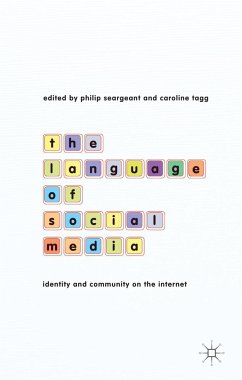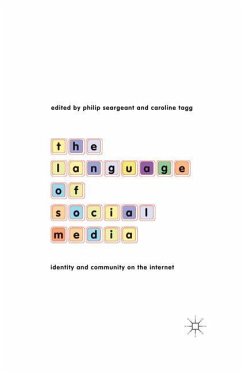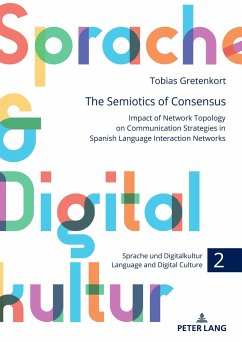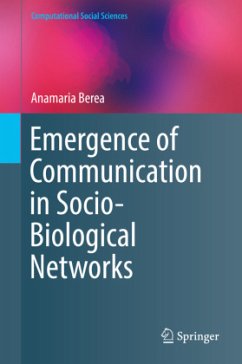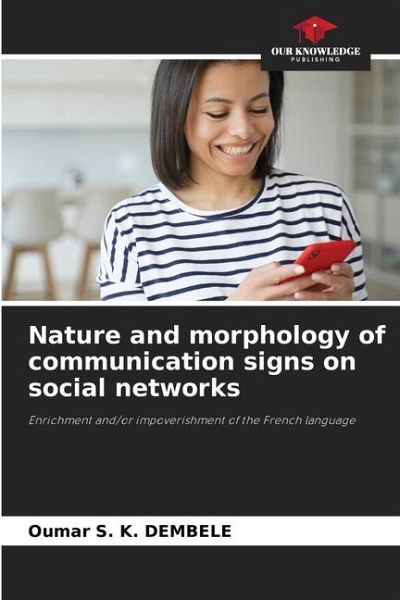
Nature and morphology of communication signs on social networks
Enrichment and/or impoverishment of the French language
Versandkostenfrei!
Versandfertig in 6-10 Tagen
29,99 €
inkl. MwSt.

PAYBACK Punkte
15 °P sammeln!
The use of communication signs on social networks is complex, both syntactically and semantically. It's undeniable that the French language is known for its complexity due to its grammatical rules. But for mutual understanding, web users have found a way to break these rules through the use of abbreviations, made-up words, codes or other forms of communication such as text exchanges, tweets and so on. This has given rise to a "young language". Talking about the nature and morphology of signs or communication exchanges is tantamount to talking about a source of linguistic enrichment through tex...
The use of communication signs on social networks is complex, both syntactically and semantically. It's undeniable that the French language is known for its complexity due to its grammatical rules. But for mutual understanding, web users have found a way to break these rules through the use of abbreviations, made-up words, codes or other forms of communication such as text exchanges, tweets and so on. This has given rise to a "young language". Talking about the nature and morphology of signs or communication exchanges is tantamount to talking about a source of linguistic enrichment through text exchanges on the one hand, and a departure from sustained language on the other. Should text messaging be tolerated or banned?In this paper, we will analyse a "Young Language" corpus in order to answer a number of questions, including the one posed above.







